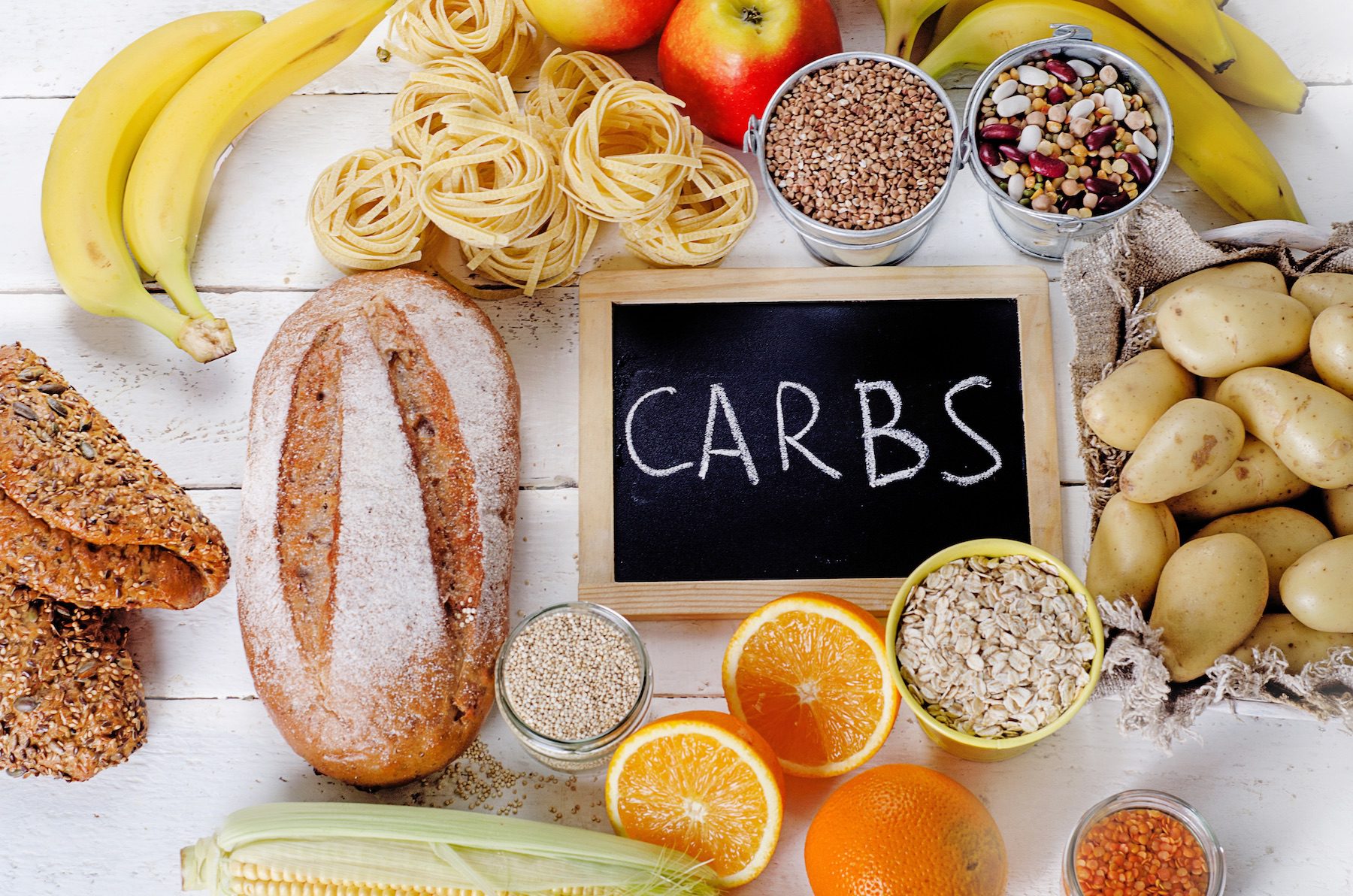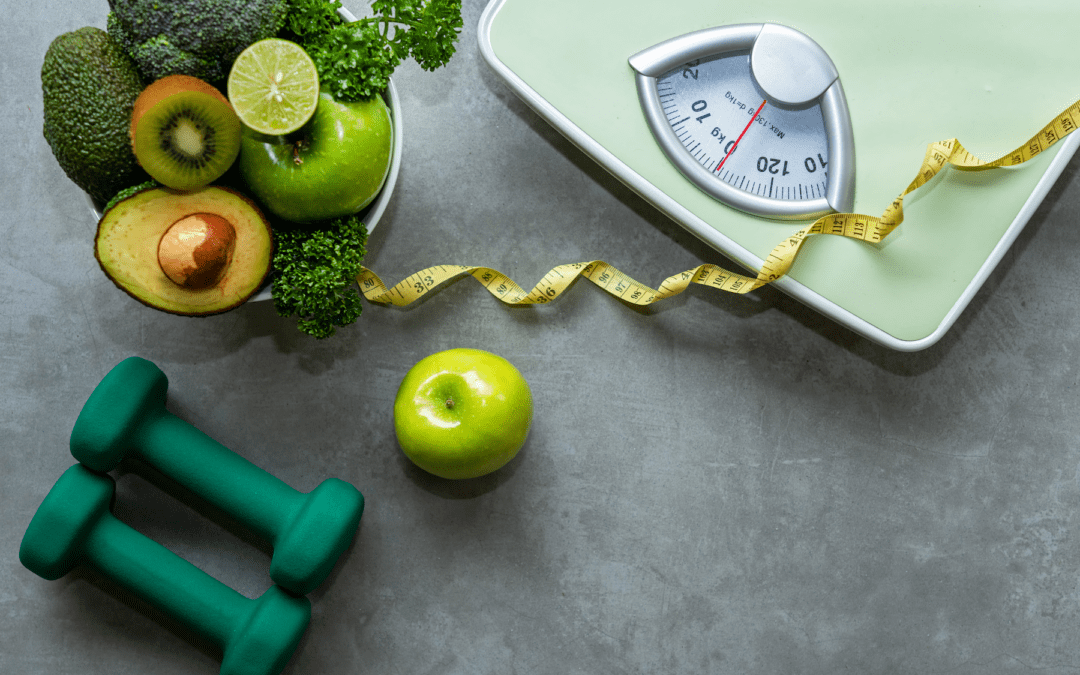There is so much misinformation out there when it comes to weight loss. So today, we’re busting 4 of the most common weight loss myths.
Here at equ, we’re passionate about helping people transform their relationship with food, so they can realise that deprivation and guilt don’t go hand-in-hand with weight loss. And in fact, you can actually eat the foods you love and still achieve incredible results. Read more about our program here.
In the meantime, let’s get into a few of the most common weight loss myths and bust them once and for all!
Not only are these myths completely false, but they can also foster unhealthy relationships with food, body image and self-confidence. These are things we want to avoid completely, regardless of whether you’re on a weight loss journey or not.

Table of Contents
Weight loss myth 1:
Eating fat will make you fat
This common weight loss myth alludes that all fat is bad for you and will make you ‘fat’ if you consume it. And this simply isn’t true.
Fat is a macronutrient that’s crucial in helping your body function properly.
Yes, there are some more harmful fats – like saturated and trans fats – that, when eaten outside of moderation, can affect not just your weight but can increase your risk of heart disease and high blood cholesterol, among other health issues.
However, not all fat is harmful (like unsaturated fats) when eaten in moderation.
You can read more about the health benefits of unsaturated fats here.

Weight loss myth 2:
Carbs are bad for you
You do not, we repeat DO NOT, need to cut carbs to lose weight.
If you found that sentence shocking to read, you may have fallen victim to the mistruths spread by fad diets!
Of course, like with fats, some carbs are better than others – whole food carbs are better for you than refined carbs like junk food. But again, as with fat, carbs are an essential macronutrient our body needs daily to function.
They’re actually the main macro our body uses to convert into energy! They help fuel your brain, kidneys, heart and nervous system.
The more nutrient-dense and beneficial foods containing carbs include:
- Whole grains: brown rice, oats, quinoa, barley, whole grain pasta and cereals
- Fruits: berries, citrus fruits, melons, apples, pears, bananas, kiwifruit
- Starchy vegetables: potatoes, sweet potatoes, corn
- Legumes: lentils, black beans, chickpeas
- Dairy products: low-fat milk, cheese, yoghurt
On average, adults should be aiming for around 230 to 310 grams of carbs per day. So kick this common weight loss myth to the curb!
Fun fact: when you sign up for equ, we will actually calculate your optimum individual daily carb target!

Weight loss myth 3:
You have to consume low calories
Yet another of the damaging but common weight loss myths out there.
Aggressively low calories can lead to unfavourable water and muscle loss.
This may appear as a drop on the scales, but it manifests itself in the form of disheartening physical changes.
This can also be extremely detrimental to your metabolic and overall health, which isn’t effective for achieving optimal and, more importantly, sustainable fat loss.
Adhering to calorie and macronutrient goals that are too low for your body will mean your body will adjust to this number, and your body learns to do more with less fuel, so essentially, everything slows down.
What this means for future weeks after your metabolism adjusts is that decreasing your intake won’t be possible as you’ll have no wriggle room, compromising your ongoing progress and results. It also has a major impact on your energy levels, training ability and means you are at a much higher risk of gaining the weight that you have lost back.
Every individual will actually have their own calorie intake goal depending on their body goal: weight loss, muscle gain or weight maintenance.
This is something we calculate based on a science-backed formula here at equ, and while at first some people might feel their deficit is too high – really they’ve just been conditioned by fad diets to believe that eating less equals losing weight and keeping it off. And as you’ve just read, that isn’t the case.

Weight loss myth 4:
You only lose weight with exercise
Here at equ, we absolutely advocate for maintaining an active lifestyle where possible and the health benefits linked to exercise.
However, it’s important to note research data has shown that solely working out plays a very small role in weight loss.
A calorie deficit is the surest way to reach your weight loss goals. This is where the body burns more calories than it receives via your diet. Yes, exercise helps you to burn calories, but it must be combined with a calorie deficit to see effective long-term results.

